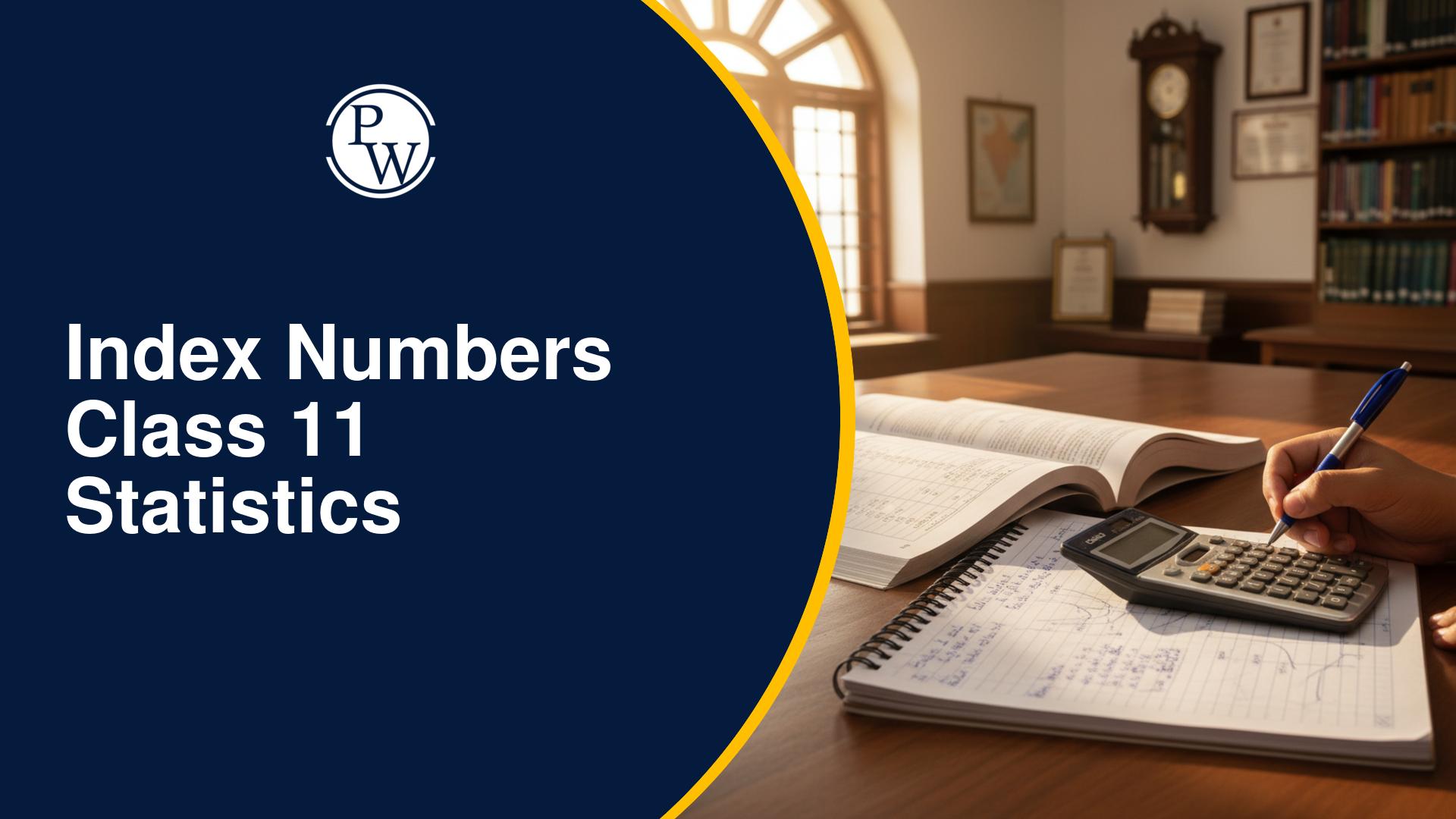
When it comes to investing in a company, two primary types of share capital are available: equity share capital and preference share capital. Both play vital roles in a company's financing structure, but they come with distinct features and implications for shareholders. In this blog, we'll explore the difference between equity share capital and preference share capital, focusing on their characteristics, benefits, and limitations.
What is Equity Share Capital?
Equity share capital represents the ownership stake in a company, typically issued in the form of equity shares or common stock. Equity shareholders are considered part-owners of the company and have voting rights, which allows them to influence major decisions, like electing the board of directors. However, equity shares do not guarantee a fixed dividend. Instead, dividends are declared based on the company's profitability.What is Preference Share Capital?
Preference share capital, on the other hand, represents a class of shares that provides shareholders with a fixed dividend before any dividends are distributed to equity shareholders. Preference shareholders generally do not have voting rights, making them passive investors in most cases. However, in the event of liquidation, preference shareholders have a higher claim on the company’s assets than equity shareholders.Key Differences Between Equity Share Capital and Preference Share Capital
To better understand the difference between equity share capital and preference share capital, let's look at a detailed comparison table.| Difference Between Equity Share Capital and Preference Share Capital |
| Feature | Equity Share Capital | Preference Share Capital |
| Ownership | Represents ownership in the company | Does not represent ownership; primarily for fixed dividends |
| Voting Rights | Equity shareholders have voting rights | Generally, no voting rights for preference shareholders |
| Dividend Payment | Dividends are variable and depend on profitability | Dividends are fixed and paid before equity shareholders |
| Risk | Higher risk due to fluctuating returns | Lower risk as fixed dividends are prioritized |
| Return on Investment | Potentially higher, as returns are tied to company performance | Limited to fixed dividend rates |
| Claim on Assets | Last claim on assets during liquidation | Priority claim over equity shareholders in liquidation |
| Investment Horizon | Typically for long-term growth | Often for steady income or medium-term goals |
| Redemption | Generally, equity shares are not redeemable | Preference shares can be redeemable or convertible |
| Price Fluctuation | Equity shares tend to have high price fluctuations | Preference shares have relatively stable pricing |
| Convertible Option | Generally not convertible | Some preference shares can be converted to equity shares |
| Participation in Profits | Eligible for higher profits if the company performs well | Limited to fixed dividends, no additional profit participation |
| Control and Influence | Equity shareholders have significant influence over decisions | Preference shareholders have limited or no influence |
Also Check: Equity Shares, Meaning, Characteristics, and Importance
Importance of Equity Share Capital and Preference Share Capital
Importance of Equity Share Capital and Preference Share Capital are crucial for a commerce student, below mentioned are some importance of Equity Share Capital and Preference Share Capital:Importance of Equity Share Capital
Ownership and Control : Equity shareholders have voting rights, which means they can influence important company decisions, elect the board of directors, and impact strategic directions.
Permanent Capital : Equity capital is a long-term source of finance. Unlike loans or debt instruments, equity capital does not require repayment, which allows companies to use the funds for growth without the pressure of scheduled repayments.
Risk Absorption : Equity shareholders bear the business risk, as they are the last to be paid in case of liquidation after all debts are settled. This can provide a buffer for the company against financial distress.
Importance of Preference Share Capital
Fixed Returns : Preference shares usually carry a fixed dividend rate, which is appealing to investors seeking steady income without the uncertainties of fluctuating dividends associated with equity shares.
Priority in Payments : In terms of dividends and capital repayment upon liquidation, preference shareholders are prioritized over equity shareholders, making preference shares a less risky investment compared to equity shares.
Flexibility in Capital Structure : Preference shares allow companies to raise capital without diluting control, as preference shareholders typically lack voting rights. This enables the original owners to maintain decision-making power.
Choosing Between Equity Share Capital and Preference Share Capital
When considering investments, the difference between equity share capital and preference share capital should guide your decision based on financial goals and risk tolerance. Equity shares may suit those looking for long-term growth potential and willing to tolerate high market volatility. With their fixed dividends, preference shares may appeal more to conservative investors seeking stable returns and a higher claim on assets. The difference between equity share capital and preference share capital highlights the unique roles each plays in a company’s capital structure. Equity share capital offers ownership and potential for higher returns, while preference share capital provides fixed dividends with a greater sense of security. Understanding these distinctions helps investors make informed decisions that align with their financial objectives and risk preferences. Whether you choose equity share capital or preference share capital, each option offers distinct advantages based on investment strategy and goals. Unlock your potential in commerce with PW Commerce Courses! Enroll today to gain in-depth knowledge and skills that will help you excel in your exams and future career. Don’t miss out!Difference Between Equity Share Capital and Preference Share Capital FAQs
What is the main difference between equity share capital and preference share capital?
Do equity shareholders get fixed dividends?
Why do preference shareholders have a higher claim in liquidation?
Can preference shares be converted to equity shares?
Which is riskier: equity share capital or preference share capital?










